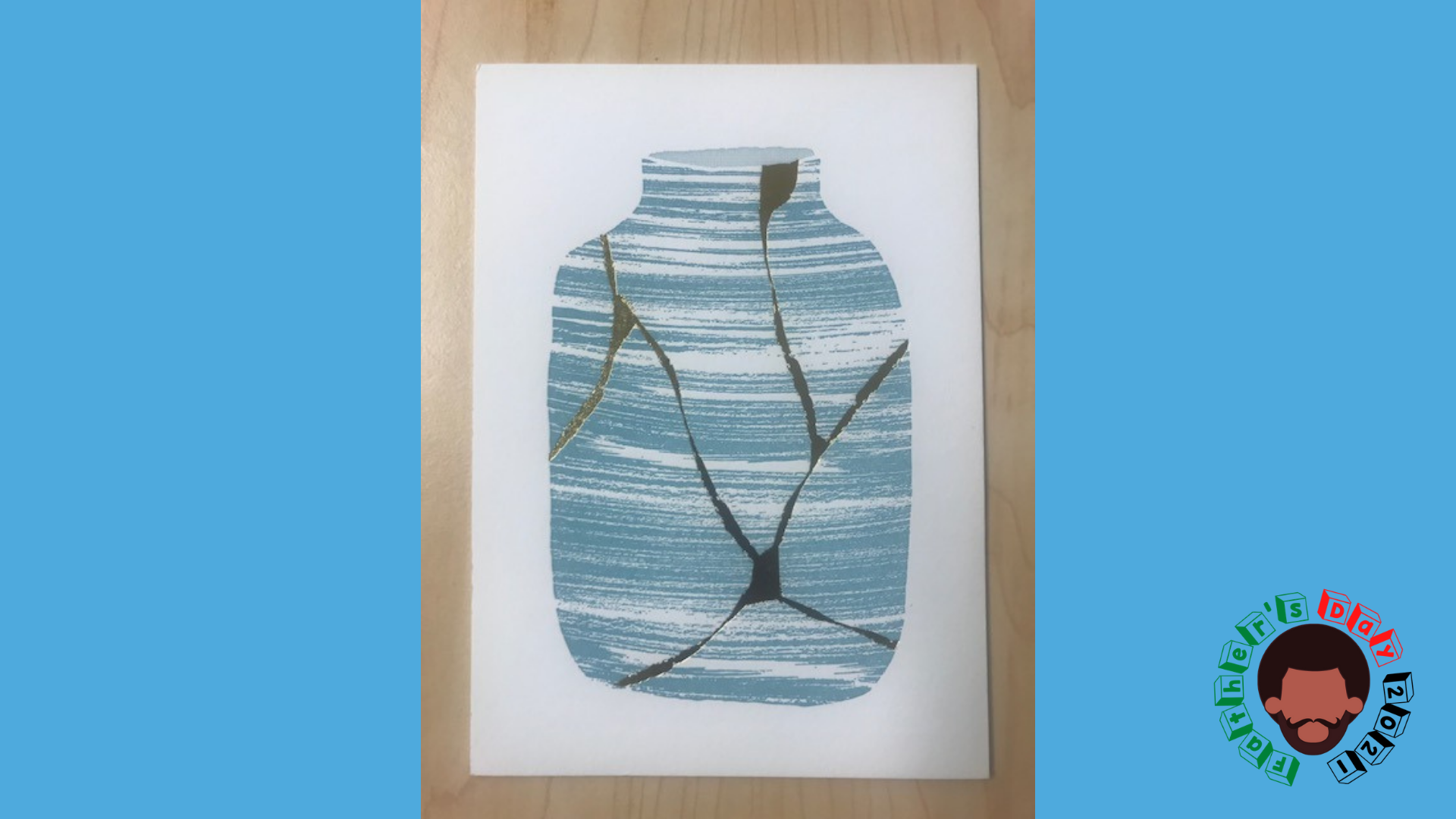This year for Father’s Day, VerySmartBrothas is doing a series titled “A Song For My Father” where we asked a few writers we know to write pieces about songs they’d dedicate to their dads.
Suggested Reading
It took me quite a while to decide upon a song choice to dedicate to my father. As a child of a native-Washingtonian who grew up on 50s and 60s soul music, I would be hard pressed to find much overlap in our musical tastes—as a child of the 80s-90s era or R&B, Hip-Hop, Go-Go and the like—aside from my father looking at me quizzically and quizzing me on where many of the samples I enjoyed actually came from. My father knows his music.
I think I may be able to count on one hand the number of artists I put my father on to that he actually likes, but I’m sure that’s not much of an anomaly in many communities.
As I thought about nuance and texture and meaning and all the things that should inform a song dedication (read: I obsessed over it), I settled upon Taylor McFerrin’s “Invisible/Visible” featuring (his father) Bobby McFerrin and Cesar Mariano.
It’s at once spacey, ethereal, jazzy, and groovy—drawing influences from various genres and sounds of nature. It also has no lyrics, just the sparse but airy rise of Bobby McFerrin’s textured, familiar instrument. It’s a nerve [beginning] replete with seemingly disparate movements that come together in their dissimilarity for something cohesive.
It’s the perfect soundscape for me to speak on my father.
My father is a force of (super) nature. He is the single-most resilient person I have ever known, and for good reason. But more on that later.
Eugene Earl Burrell Sr., was born in the last year of the 1940s in the Southeast quadrant of Washington, D.C., as one of seven children.
Washington, D.C. in the 50s, 60s, and 70s was very different than it is now. “Chocolate City” adorned its redlined shawl with less pomp and more circumstance as an incubator for black angst and art and freedom and fright. It had a magnetism all its own and forced those who navigated it do so with deftness.
My father and I are very different and yet very similar. He is introverted and I (more) extroverted. His primary love language is “acts of service” while mine is “words of affirmation.” He’s very deliberate, measured and forward thinking while I…have not always been, though I’m getting better with age. He has endured and survived incredible amounts of hardship and has remained, hmmm, not unbothered as the kids like to say nowadays, but something more poetic and preferred altogether—my father has remained unbitter. And that’s one of the greatest lessons I’ve learned from his resilience.
To improvise.
The art of improvisation—indelibly linked to jazz—is core to how we move from “surviving” to “thriving.” By seeing asides and tangents and delays and setbacks not as a betrayal of our path but a necessary detour that lengthens our journey, it also serves to deepen our lessons learned.
In September 2018, my father had his right leg amputated, just above his calf, as a result of complications from to a litany of health concerns, largely as a result of being exposed to toxic water while stationed at Camp Lejeune, in Jacksonville, North Carolina, as a young marine back in 1971. Those scars are with him, still.
When I went to visit him in the Department of Veterans Affairs Hospital prior to his surgery, I brought with me a Holstee postcard that depicted kintsugi, which is the ancient Japanese art of repairing broken pottery with gold. The good folks at Holstee put it this way:
“The gold highlights the pottery’s unique history, rather than hiding it. It’s the idea that our past and our pains do not need to leave us broken in pieces. Rather, we can fill in the gaps with beauty and be strengthened through them. Our scars can become gilded reminders of our resilience.”
The stark contrast of the gold highlights the broken parts and makes it into a thing of beauty, for there is always beauty to be found in brokenness.
I rarely get a chance to teach my father much, but he felt connected to the imagery and meaning behind kintsugi as something that would bring more meaning to his next chapter of life.
I wonder what lessons Taylor McFerrin has been able to teach to his famous father, the musical impresario that he is. I wonder if their distinct styles and approaches to music are experienced as something other than—or perhaps better than—perfect. I wonder if people can see the gold in its flaws.
Frederick Douglass once said, “It’s easier to build strong children than to repair broken men.” While there is truth to this statement, I have found that some of the best parts of me come from the rearing I received from a broken man, not of spirit or will, but in body. Housed within the multitudes I hold and pass on to my children are the vestiges of my father and all he has endured. The power of his example far exceeds my ability to put into words the gratitude I have. I’ll have to let the song speak in both visible and invisible parts where lyrics fail to improve the soundscape. And I hope it gets me a knowing nod and a fist bump from my old man. Happy Father’s Day, Dad. I love you.
Straight From 
Sign up for our free daily newsletter.



